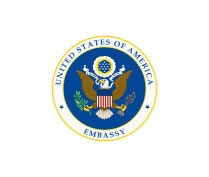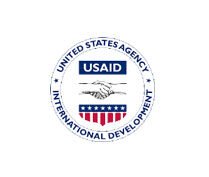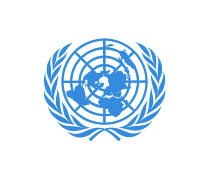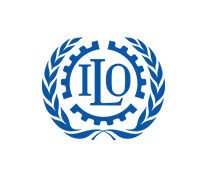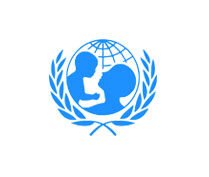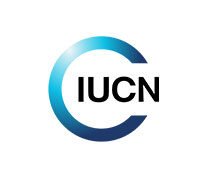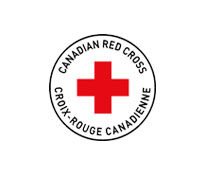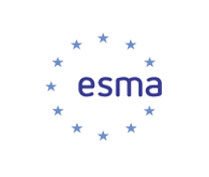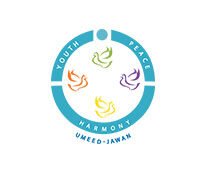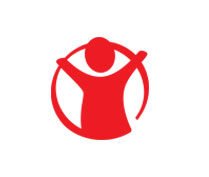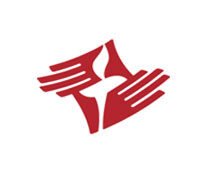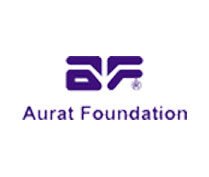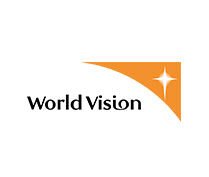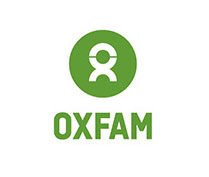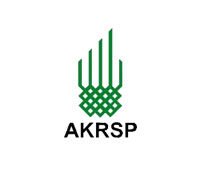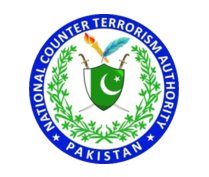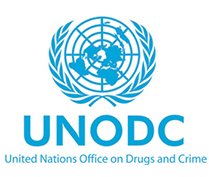
HRDN as a network focuses not only on the capacity building of in-service teachers and professionals by designing and implementing customized training initiatives as per the need of the client but also bridges the Departments of Education of the respective province /Region and the respective stakeholder/community. To ensure a conducive and safe environment for the cultivation of new ideas, the development of new skills in a cooperative group atmosphere is the key focus of HRDN initiatives to encourage the Research and civil discourse culture in the cultivation of new ideas, the development of new skills in a cooperative group atmosphere is the key focus of HRDN initiatives to encourage the Research and civil discourse culture in the field of Education.
Hence, HRDN Education Program is contributing positively to the World 2030 agenda of achieving Sustainable Development Goals (SDGs). The education project is directly linked with the 4th SDG “Ensure inclusively and quality education” and strives hard to provide the promised quality education with the aim of imparting elementary and primary education to not only the conflict-torn or disasters affected regions but at the National level as well.
HRDN focuses on and enhances the research culture through mainstreaming and generating conversations about common themes of humanity.
HRDN is a network of large and medium size development organisations and individual professionals, among which many are equipped with specialized skills in Education. HRDN being the coordination office for those member organizations provides the best quality service and partnership when It comes to the education sector.
Established prudent and efficient administrative support system through hiring of coordinators, establishing 17 LC corners, monitoring of supplies and equipment
Establish a quality programming support system for knowledge sharing
Total of 22 CBEs established in two tehsils of Mohammand Agency. All the teachers trained in basic teaching methodologies by education experts. Achieved gross enrolment of 1458 students Enrolled more than 58% girls in all CBEs 20 TIJs established and trained on their role
To build synergies and effectiveness among stakeholders for relief and rehabilitation work
Trained 1500 School Management Committees(SMCs) Members
